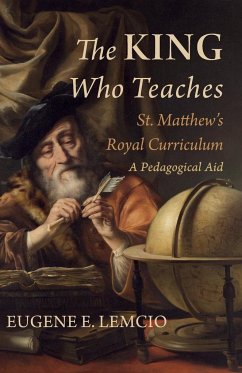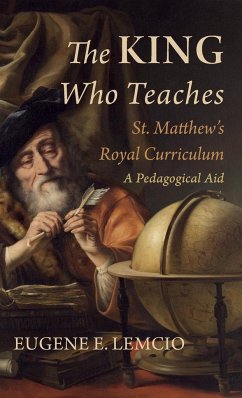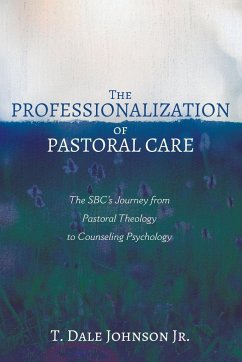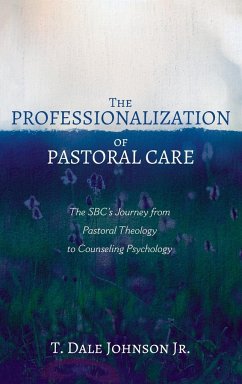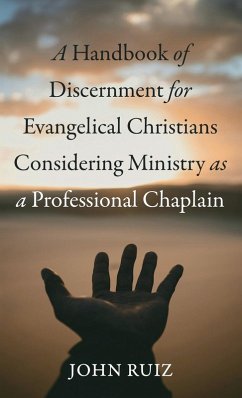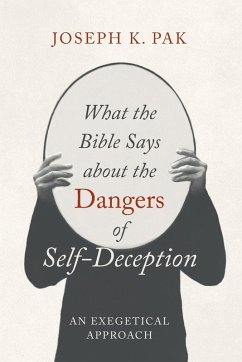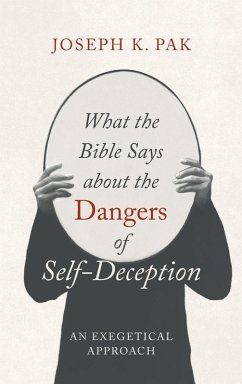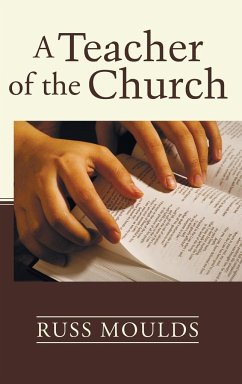This unique work is a teaching-learning guide to help instructors and students to determine ""What makes Matthew Matthew?"" Displays followed by leading questions and statements help one to determine how the Evangelist adopted, adapted, and arranged his sources (both ""sacred"" and ""secular"") in light of his convictions about and experience of Jesus. Comparing and contrasting the first Gospel with the other Synoptics (and occasionally with John) also contributes to identifying his concerns. Neither standalone nor comprehensive in its intention, method, or scope, this work of pedagogy is meant to be used (and not simply read) alongside--rather than instead--of standard tools such as introductions and commentaries. Although no knowledge of biblical languages is presupposed, references to Matthew's own use of Greek--and the Greek of his Jewish Scriptures--also enrich this study.
Hinweis: Dieser Artikel kann nur an eine deutsche Lieferadresse ausgeliefert werden.
Hinweis: Dieser Artikel kann nur an eine deutsche Lieferadresse ausgeliefert werden.

